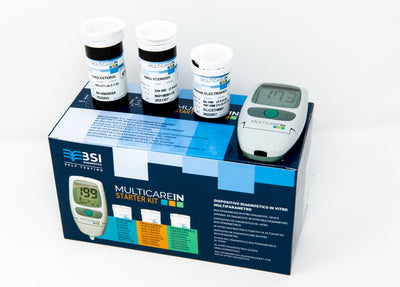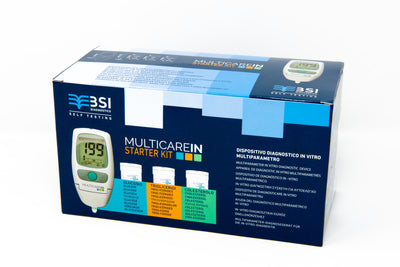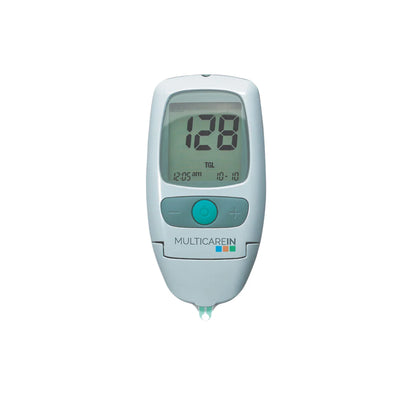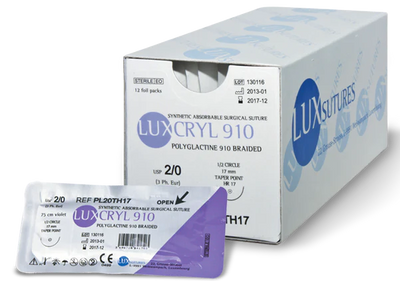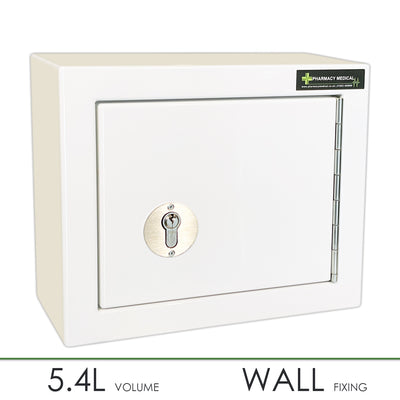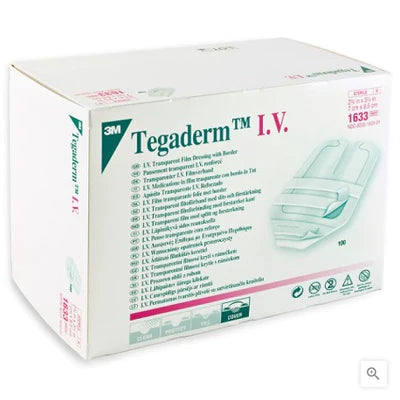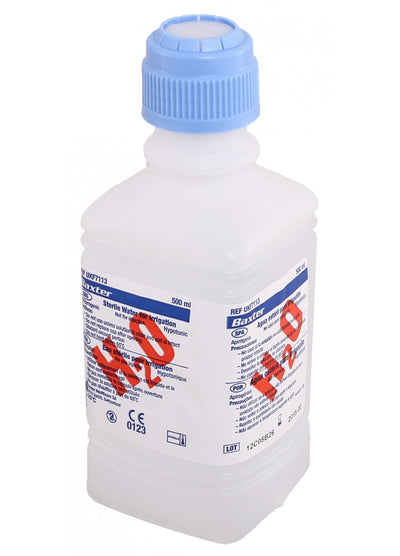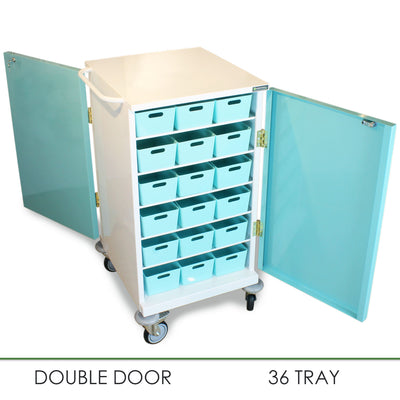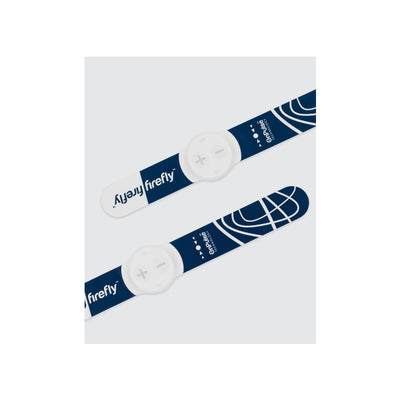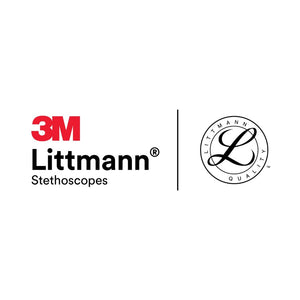Modern Slavery Act Policy
Introduction
Mediworld Limited is committed to upholding the highest ethical standards across all aspects of its business and supply chains. We have a zero-tolerance approach to modern slavery and human trafficking and are dedicated to ensuring that our operations are free from any form of forced labour, servitude, or human rights abuses.
As a key supplier of medical equipment and consumables, Mediworld operates in a complex global supply chain that includes manufacturers, distributors, and logistics providers. We acknowledge the potential risks of modern slavery within international procurement and are committed to continuous vigilance, robust due diligence, and effective remediation strategies to mitigate these risks.
This policy sets out our approach to identifying, preventing, and addressing modern slavery risks, in accordance with the UK Modern Slavery Act 2015, and ensures compliance with best practices in ethical sourcing and human rights protection.
Organisation Structure, Business & Supply Chains
Mediworld is a UK-based distributor of medical supplies, equipment, and consumables, serving the public and private healthcare sectors, humanitarian organisations, and NGOs worldwide. Our supply chain includes:
Medical equipment manufacturers (producing surgical instruments, diagnostic devices, and consumables).
- Component suppliers (providing raw materials for medical products).
- Logistics providers (handling global transportation and distribution).
- Contract manufacturers (producing bespoke or specialist medical supplies).
We source from multiple countries, including Europe, Asia, the Middle East, and Africa, and recognise the importance of ensuring full transparency and accountability in our supply chain operations.
Our Policies on Slavery & Human Trafficking
Mediworld’s commitment to ethical business practices is embedded in our policies, which include:
- Supplier Code of Conduct – Requires all suppliers to comply with ethical labour practices, including the prohibition of forced labour, human trafficking, and child exploitation.
- Whistleblowing Policy – Provides a confidential mechanism for employees and suppliers to report concerns related to modern slavery.
- Procurement Policy – Ensures that ethical considerations, including modern slavery risks, are factored into all supplier selection and contract negotiations.
- Employee Code of Conduct – Outlines Mediworld’s zero-tolerance stance on modern slavery and human rights violations.
- Health and Safety Policy – Mandates safe and fair working conditions throughout our operations and supply chains.
Due Diligence Processes & Supplier Audits
Mediworld conducts modern slavery due diligence on all new and existing suppliers. This includes:
- Risk Assessment – Identifying high-risk suppliers based on geography, industry, and labour practices.
- Supplier Self-Assessment Questionnaires (SAQs) – Requiring suppliers to disclose labour conditions, worker rights policies, and compliance with international labour laws.
- Contractual Obligations – Embedding anti-slavery and ethical labour clauses into all supplier agreements.
- Third-Party Certifications – Prioritising suppliers who hold accreditations such as SA8000 (social accountability), BSCI (Business Social Compliance Initiative), and ISO 9001 for quality management.
Example: Modern Slavery Act Supplier Audit Process
To ensure compliance with the Modern Slavery Act, Mediworld implements a structured supplier audit process, which includes:
1. Pre-Audit Review
- Collection of supplier documentation, including worker contracts, wage records, and social compliance certifications.
- Risk-based supplier profiling, focusing on geographic and industry risks.
2. On-Site Audit (where applicable)
- Facility inspections to assess working conditions and health & safety compliance.
- Worker interviews conducted in a confidential setting to identify any indicators of forced or bonded labour.
- Document verification to review payroll records, overtime logs, and grievance mechanisms.
3. Findings and Corrective Action Plan (CAP)
- Identification of any non-compliance issues, such as excessive working hours, underpayment, or lack of worker representation.
- Implementation of a remediation plan, with clear timeframes for corrective action.
- Follow-up audits to ensure continuous improvement and compliance.
Risk Assessment and Management
Mediworld recognises that modern slavery risks vary across supply chain tiers and regions. To manage these risks, we:
- Conduct periodic supplier reviews to reassess risk exposure.
- Engage with third-party auditors to validate supplier compliance where necessary.
- Implement a supplier ranking system, categorising suppliers into low, medium, and high risk based on factors such as region, labour conditions, and historical performance.
We acknowledge that no supply chain is completely risk-free, but by embedding robust risk management strategies, we aim to eliminate modern slavery risks within our operations.
Measuring Effectiveness
Mediworld monitors and evaluates the effectiveness of its modern slavery prevention measures through:
- Supplier Audit Reports – Reviewing supplier compliance and corrective actions.
- Incident Monitoring – Tracking reports of unethical practices through our whistleblowing mechanism.
- Key Performance Indicators (KPIs), including:
- Percentage of suppliers audited annually.
- Number of corrective action plans issued and resolved.
- Worker grievance reports and resolution rates.
We continuously refine our approach to ensure that our supply chain remains free from exploitation.
Training & Capacity Building
To foster a culture of ethical awareness, Mediworld provides:
- Modern slavery training for procurement teams to identify and address potential risks.
- Awareness campaigns for employees and suppliers on recognising indicators of forced labour.
- Workshops for high-risk suppliers to improve compliance with ethical labour standards.
All new employees receive training on our modern slavery policy as part of their induction process.
Continuous Improvement & Future Commitments
Mediworld is committed to ongoing enhancement of our anti-slavery measures. Our future actions include:
- Strengthening supplier engagement – Expanding collaboration with ethical sourcing initiatives.
- Advancing supply chain transparency – Increasing traceability of raw materials and components.
- Improving reporting mechanisms – Establishing a digital platform for real-time compliance tracking.
We remain dedicated to combating modern slavery through proactive risk management, supplier accountability, and stakeholder collaboration.
Approval & Publication
This Modern Slavery Statement is made pursuant to Section 54(1) of the UK Modern Slavery Act 2015 and constitutes Mediworld’s anti-slavery policy for the years 2025 to 2026..
This statement is approved by Mediworld’s Board of Directors and will be reviewed annually to ensure continued compliance and improvement. It is publicly available on our website and applies to all employees, suppliers, and business partners.
